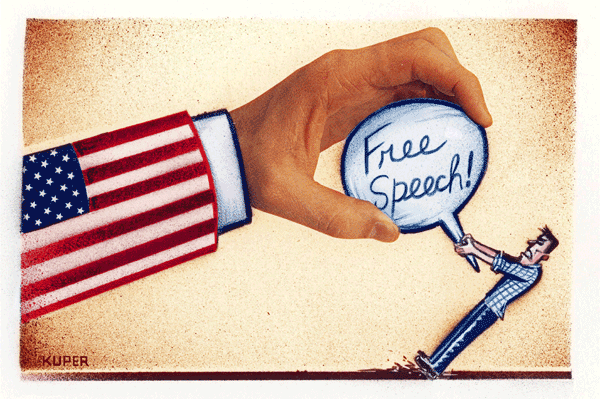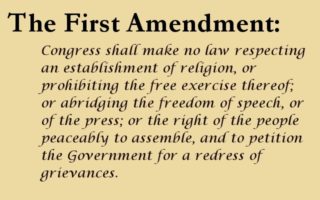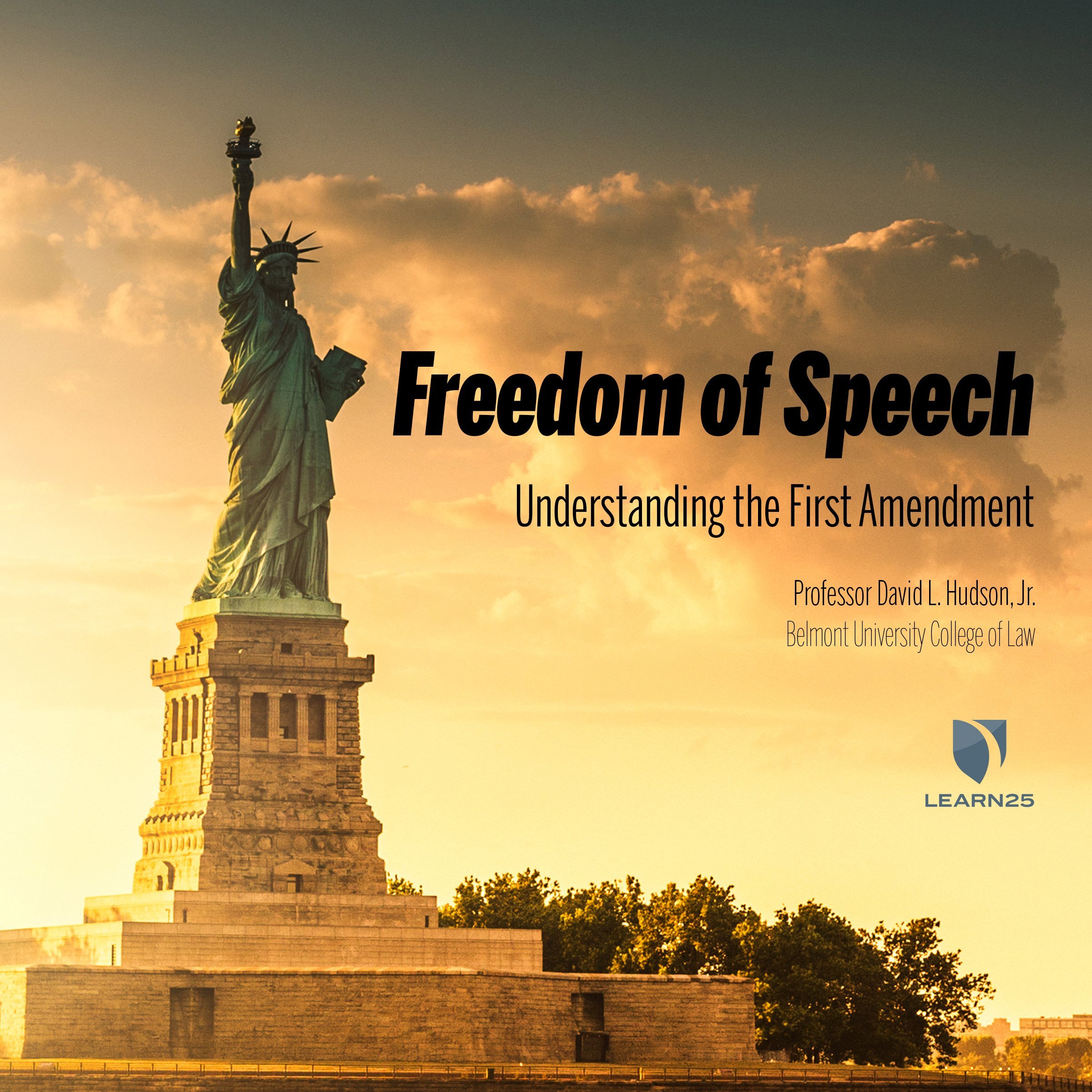

When it comes to privacy, the US approach is to keep the government out of it as much as possible. Unlike the GDPR, the text of these rules focuses on data security rather than abstract principles of individuals’ privacy rights. For example, HIPAA protects medical information, and the Gramm-Leach-Bliley Act applies to data held by financial institutions. Scroll up on this very article and you will see a cookie banner you can thank Europe.īy contrast, privacy laws in the US are piecemeal and industry- or information-specific. American internet users now find themselves clicking through cookie consent notices on nearly every website they visit. Most US companies with a European presence have found it most efficient to apply the GDPR requirements across the board to their entire global operations. The GDPR has had sweeping consequences on a global scale. Private companies guilty of violating the GDPR, by, for example, implementing poor data security measures, face fines of up to 4% of their annual global turnover or 20 million Euros, whichever is greater.īecause it is easier for digital platforms to apply a uniform set of rules across their global operations, the strictest rules become the global norm.

Take privacy law for example: in 2018, the EU implemented the General Data Protection Regulation (GDPR), which places requirements on companies to protect European residents’ data.

This may explain why the EU allows for more robust public regulation of the private sector. These differences are not merely speculative: Europeans report relatively higher levels of trust in the institutions of government, while Americans’ trust of government has been in more or less steady decline since 1958. By contrast, Europeans predominantly understand the role of government as a safety net against corrupt private sector interests. Anyone with a basic understanding of American history-or access to Hamilton-can see why. Government’s Role in Regulating SpeechĪ bedrock of American history-and, correspondingly, American constitutional legal doctrine-is distrust of the government. If First Amendment principles are to survive online, Americans must engage with changes abroad. The EU already has placed some regulations on digital platforms, and now it is pushing to broaden those regulations through the Digital Services Act.
FIRST AMENDMENT FREEDOM OF SPEECH LIMITATIONS FREE
The reaction is notable not only because it reflects an ideological difference in how the regions understand free expression, but also because it occurs during a pivotal moment of change for social media companies. Leaders outside of Europe criticized the move as well. Despite her rocky history with Trump, the EU leader said that his free speech right “can be intervened in, but according to the law and within the framework defined by legislators-not according to a decision by the management of social media platforms.” France’s Finance Minister also said he was “shocked” by the decision, which he framed as “social media oligarchy” regulating speech. German Chancellor Angela Merkel criticized the move as “problematic,” saying that lawmakers, rather than social media CEOs, should regulate speech-the exact opposite of what the First Amendment allows.


 0 kommentar(er)
0 kommentar(er)
